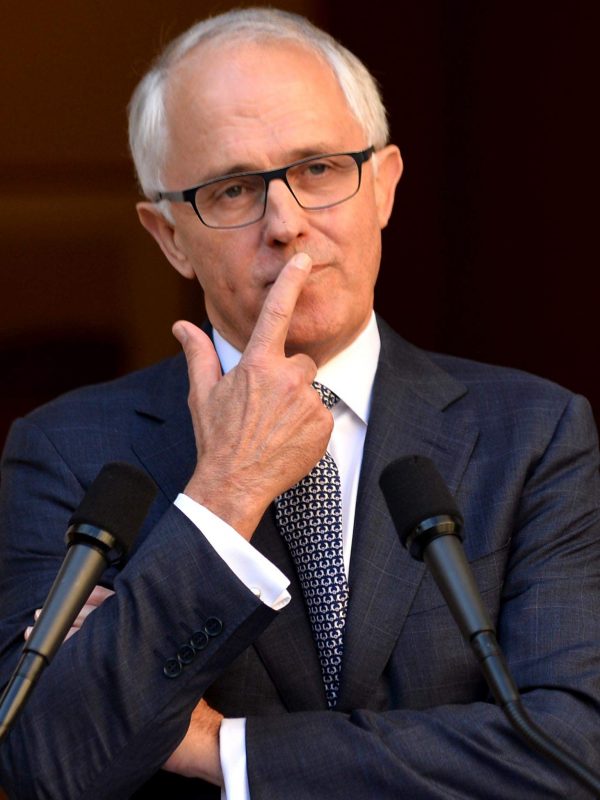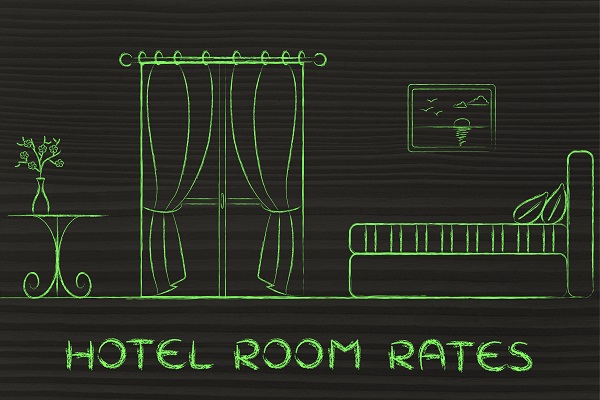Ten Tips on How to Improve the Premium Accommodation Experience
Australian luxury properties are lagging their international competitors in maintaining reputations for top experiences.
For instance, a readers’ survey in the US-based Travel + Leisure magazine’s August 2011 edition did not feature a single Australian property in world’s top 100. Even New Zealand managed a place (Huka Lodge rated equal #67).
So how might our best accommodation houses lift their game? Here’s ten suggestions to help focus on the little things that may make a difference.
No service charges. We were amused to find our Melbourne five star hotel wanted to apply a $5 service charge to deliver breakfast to our room, on top of the already hefty menu prices. It makes for a bad impression of what is expected to be a full service hotel. Managers, please build the cost of service into food and beverage prices.
Seat guests in comfort. How many premium guest rooms have only one comfortable lounge chair, leaving the second guest to try and get comfortable on the bed? We gather this trend has come about due to industry intelligence on the average number of guests, which is likely to be below two per room night as solo business travellers figure prominently in occupancy. However even this intelligence may be misunderstood. For example, solo guests may invite visitors to their room: lovers, clients etc. In any case, an average of say 1.6 guests doesn’t go into 2. Accommodation architects and interior designers, take note.
Help guests sleep comfortably. We find sleeping under doonas uncomfortable. Perhaps we are in the minority of guests but are confident that at least a substantial minority find them to be an abomination. Do accommodation providers supply doonas for the convenience of their housekeeping staff or to meet customer preferences? An Australian doctor has linked doonas to conditions such as dermatitis and sleep disorders, finding doonas are more suited to European and Canada. We generally find one or two cotton/woollen blankets sufficient for a guest room. However we are frustrated to find that some five star hotels do not have blankets in their wardrobes, requiring housekeeping service to attend, usually at a time when the guest just wants to relax and have some privacy.
Help guests sleep peacefully. In the 2011 J D Power North American Hotel Guest Satisfaction Study, noise was rated as the number one issue by luxury hotel guests. Crowne Plaza Hotels in England employ “snore monitors” to patrol quiet zones. If a guest’s snoring is loud enough to disturb others hotel staff contact the snoring guest and offer solutions such as scented bath products! They also offer quiet zone rooms as part of its Sleep Advantage program.
Keep guests informed about hotel activities. We stumbled across a terrific acoustic duo in the bar of a luxury hotel we recently stayed in. Had we not decided to go for a drink, we would have missed this experience. Hotels could make better use of guest welcome screens on televisions and pillow welcome notes to advise guests of what’s on in the hotel. This would not only provide a memorable experience but increase revenue.
Hire concierges who know their city. We had the pleasure of staying at the Sutton Place Hotel in Vancouver. The rooms were very comfortable but what really sticks in our mind is the outstanding concierge service. A sincere love of the city and attention to detail were two apparent qualities. For example, the concierges could recommend a good restaurant in our suburb of choice off the cuff, then give clear instructions on how to get there by cab or bus, down to how many blocks to walk to the bus stop, what route number to take and the fare to pay, frequency of service and where to alight. Their dining recommendations were always excellent too. We recently did a straw poll of concierges at Melbourne’s five star hotels. While generally satisfactory, only one of the five concierges was able to suggest an upmarket restaurant in South Melbourne without referring to the city’s Good Food Guide and some gave incorrect advice such as the wrong tram route number.
Make check outs simpler. Most accommodation providers have simplified check out arrangements for guests who do not have incidental expenses and even guests with bar tabs can usually leave without attending reception. However many establishments do not easily communicate these arrangements to guests. Sure, they are usually explained in the guest manual but how many guests really want to refer to a manual for this simple task? Leaving the accommodation is the one thing everyone has to do at some stage, so why not put a simple sign by the bed or behind the room door to explain easy check out procedures?
Biscuits please. To the credit of Australian accommodation providers, they usually provide tea and coffee facilities in guest rooms. Australians would expect nothing less. However we recently stayed in a five star hotel in an Australian capital city and biscuits were not provided. Is it unreasonable to expect a biscuit (cookie) with your cuppa, even a mass-produced Arnott’s biscuit, when you are paying a tariff of over $300? There’s an opportunity here for hotels to really make a statement about customer service. Management could have kitchen staff cook a batch of biscuits each morning for guest rooms. For business simplification the hotel could settle on a signature biscuit, that meets most guests’ tastes and has the least allergens. Hotels could manage risk by placing a small sign next to the biscuits explaining the ingredients. Most importantly it would leave an impression on guests and even build brand loyalty. Alternatively the accommodation provider could provide locally-sourced biscuits with local ingredients, which would enhance the guest experience.
Train staff to really listen. Too often we find room service hear but don’t comprehend what we need. For example, we have had more doonas delivered to our room when we asked for blankets, or a pillow delivered that is no softer than those in the room, when we clearly asked for soft pillows.
Ensure service is a constant. Westin Hotel, winner of the luxury accommodation hotel category in the Australian Hotels Association’s Victorian Awards in 2011, pleasantly surprised us recently by serving drinking water in their lobby as we waited for a business colleague.
The accumulation of simple improvements such as those outlined above can incrementally result in an outstanding experience, leading to improved guest retention and strong reputation development by turning guests into promoters of your property.
Darren McClelland
Enjoy Inspire Consulting P/L
Darren McClelland is the director of Enjoy Inspire Consulting P/L. Enjoy Inspire provides consulting services to businesses and organisations in the tourism and arts sectors, specialising in strategic planning, risk management, group facilitation and business facilitation.

AccomNews is not affiliated with any government agency, body or political party. We are an independently owned, family-operated magazine.





